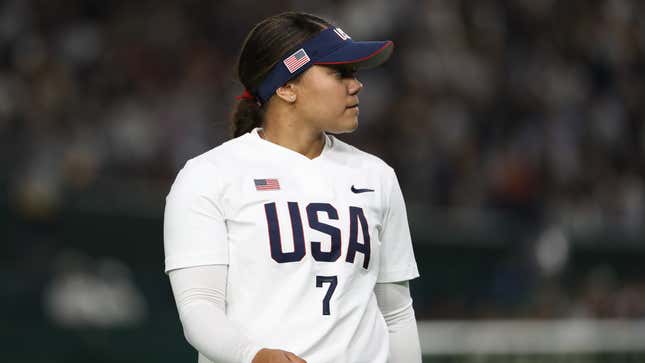Women Athletes Are Done Taking the Political Back Seat
Latest

When the ever-evolving topic of sports and politics emerges, there are always a few names that immediately come to mind: Muhammad Ali, Mahmoud Abdul-Rauf, Tommie Smith and John Carlos, Colin Kaepernick. Each man is remembered for his contribution to the national conversation around politics, race, foreign affairs, in some cases perhaps more so than his contributions to a game. But when sports lovers talk about contributions athletes have made throughout history, women are often left off the list. So much credit goes to Billie Jean King for her activism, and rightfully so, but what about Althea Gibson, who was the first Black person —not woman but person—to win a Grand Slam title? What about Wilma Rudolph? What about Kathrine Switzer?
Too often, the political contributions of women athletes are lost in the history pages, unless that contribution involves the phrase “first woman to do [thing].” It’s not much of a surprise, considering that so much of being a woman athlete is wrapped up in having to prove that women can play sports too. Women athletes are so busy trying to earn equal pay, air time, and sponsorship that their larger political ideologies often take a back seat. But with a national uprising in full swing, an increasing number of women athletes are putting their politics front and center.
-

-

-

-

-

-

-

-

-

-

-

-

-

-

-

-

-

-

-

-

-

-

-

-

-

-

-

-

-

-

-

-

-

-

-

-

-

-

-

-








































